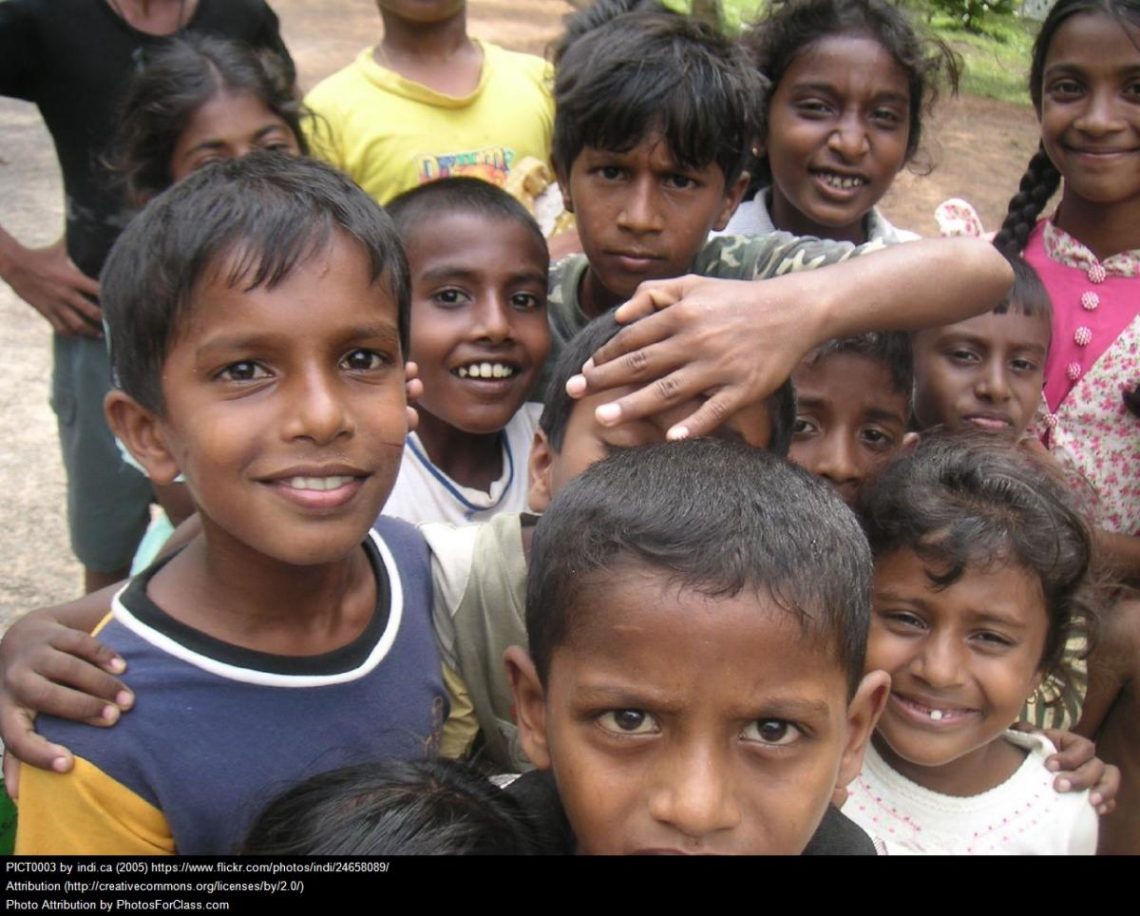
The State of Refugee Resettlement in 2019
“This isn’t a school, it’s a family.” Those were the words of one of my Muslim refugee students at the end of our English classes one year. She hugged me warmly and when we said goodbye, I wasn’t saying farewell to a student, but to a friend.
Not every refugee is as fortunate as my friend. Many are languishing in camps, waiting for a solution to their displacement.
The refugee crisis has faded into the background in the West in the midst of Brexit, a U.S. government shutdown, a changing political landscape, and other localized crises. So you may believe one of these misconceptions about refugees:
1. Misconception: The world refugee crisis is diminishing.
Truth: According to the UN Refugee Agency, 68.5 million people have been forced from their homes, and of those, 25.4 million are refugees. The crisis isn’t lessening, only the media coverage of it.
2. Misconception: Refugees are flooding the West while Muslim countries aren’t doing their part.
Truth: None of the top six countries who receive displaced people are Western nations. Five out of six have a majority Muslim population. While not every country is hosting refugees, many are bearing a huge burden, hosting massive amounts of unscreened displaced people who have fled over the border into their country and do not yet have refugee status. Jordan hosts the largest number of refugees per capita of any country in the world, followed by Turkey in second place.
3. Misconception: It’s too dangerous to let refugees into your country.
Truth: In the seventeen years following 9/11, the U.S. has settled hundreds of thousands of people with refugee status. None of these has killed someone in an act of domestic terrorism. (When two refugees with ill intent were arrested in 2011 in Kentucky, the screening procedures were made more thorough.) The Danish Institute of International Studies concluded that a large majority of those behind terrorist attacks in Europe were EU citizens. People who wish the West ill have much easier ways to enter than through the cumbersome process of seeking refugee status.
Followers of Jesus have these compelling truths to consider when we think of the refugee crisis:
1. We are called to be people of compassion. The parable of the Good Samaritan compels us to care for our neighbor, including those we may be uncomfortable with. The Jews were not comfortable with Samaritans, but that is exactly the example of a caregiver Jesus gave them in the well-known parable of an injured traveler. In Luke 10, Jesus ended the parable which held the Samaritan up as an example with a challenge to “Go and do the same.”
2. God wants the nations to hear about and come to Jesus. The number of displaced people in the world is giving Christians an unprecedented chance to reach them within their borders. From this perspective, the refugee crisis is a God-sized opportunity allowing those who have been blessed by God to bless the nations.
3. God calls believers to obedience, not safety. If at some time in the future caring for refugees becomes dangerous, this does not negate God’s call for Christians to provide compassionate care. Already cross-cultural workers live in dangerous circumstances in other countries to care for those for whom Jesus died.
Ed Stetzer recently wrote, "…Christians are being conditioned to see threats where we would otherwise see suffering and windows to preach the gospel…." Wherever in the world you live, make the reality of so much ongoing suffering and displacement a matter for prayer. And check your own attitudes, making sure they are based on facts and obedience to the Word of God, rather than fear, rumors or self-interest.



